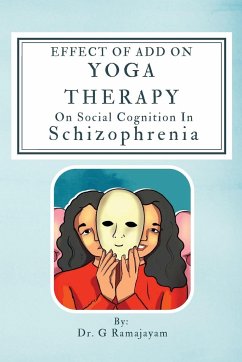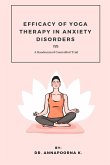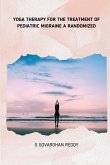Schizophrenia is a severe mental disorder affecting young adults with a lifetime prevalence of 1%. It's characterized by three important symptom clusters namely positive, negative & cognitive symptoms. Except for the positive symptoms, there are no effective treatments available for the negative and cognitive symptoms. In addition, the existing treatments are not free of side effects; some cause extrapyramidal side effects, and others cause metabolic side effects. The unavailability of effective biological treatments for negative and cognitive symptoms adds to the already existing burden of socio-occupational dysfunction associated with these symptom clusters. Psychosocial interventions are available targeting a few or most of the domains of social cognition with or without neurocognition training. But a majority of them [for example, Cognitive Enhancement Therapy(CET), Social Cognition Interaction Training(SCIT)] highly resources intensive and their feasibility in developing countries is questionable, though they might be effective. Moreover, they were developed among the western patient population and their cultural validity in eastern countries with more of religious inclination is yet to be tested. Hence, there is a need to explore the role of other complementary therapies like yoga for an integrated approach to treating patients with schizophrenia. Yoga as a mind-body therapy is useful in lifestyle-related disorders, including neuropsychiatric disorders. In healthy adults and the elderly, yoga is found to be efficacious in improving cognitive skills. Yoga has been shown to significantly improve negative symptoms and functioning in schizophrenia patients. In a recent study, along with improvements in functioning, yoga also increased oxytocin levels along with improvement in Facial Emotion Recognition Deficit (FERD) in patients with schizophrenia.(Jayaram et al., 2013). In this study, we hypothesized that the practice of yoga for one month would improve social cognition in patients with schizophrenia.








